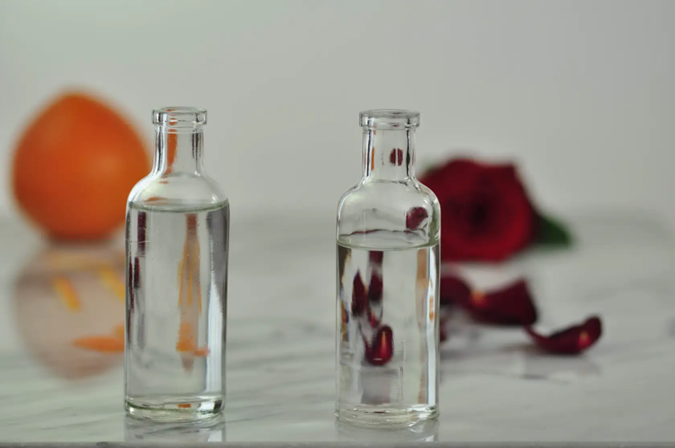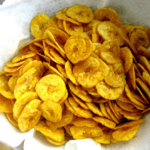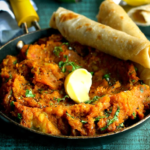Morocco is a land of enchantment, with a vibrant culture and a rich culinary heritage that captivates the senses. Among the many flavors that define Moroccan cuisine, the delicate and refreshing essences of orange blossom water and rose water stand out as prized ingredients. These floral waters add a touch of elegance and a burst of aroma to both sweet and savory dishes, creating a truly unique culinary experience.
Orange blossom water, known as “ma ward” in Moroccan Arabic, is derived from the distillation of orange blossoms. It carries a fragrant and citrusy aroma that instantly transports you to the sun-drenched groves of Morocco. The sweet and floral notes of orange blossom water bring a subtle complexity to dishes, enhancing their flavors and adding a refreshing touch.
In Moroccan cuisine, orange blossom water is used in a variety of ways. It is a common ingredient in traditional pastries such as “kaab el ghazal” (gazelle horns), “chebakia” (honey sesame cookies), and “baghrir” (Moroccan pancakes). The addition of orange blossom water infuses these treats with a delicate floral essence, elevating them to new heights of flavor.
Beyond pastries, orange blossom water finds its way into refreshing beverages and desserts. It is often added to Moroccan mint tea, known as “atai,” creating a fragrant and invigorating drink that is enjoyed throughout the day. Orange blossom water also enhances the flavors of creamy desserts like “m’hanncha” (snake-shaped almond pastry) and “halwa chebakia” (a sweet semolina dessert).
Another floral water that holds a special place in Moroccan cuisine is rose water, or “ma warda” in Moroccan Arabic. It is made by distilling rose petals, resulting in a delicate and intoxicating fragrance reminiscent of blooming rose gardens. Rose water adds a romantic and aromatic element to dishes, balancing the sweetness with a subtle hint of floral bliss.
Moroccan rose water is commonly used in desserts and beverages. It is a key ingredient in traditional treats such as “shebakia” (a sesame cookie soaked in honey), “ghriba” (a crumbly almond cookie), and “msemen” (a flaky Moroccan pancake). The addition of rose water imparts a distinct and luxurious flavor, enhancing the overall experience.
In addition to desserts, rose water is incorporated into Moroccan beverages, such as “ahmar” (a refreshing rose-flavored drink) and “laylat al-qadr” (a soothing night-time drink made with milk and honey). These beverages offer a respite from the heat and transport you to a fragrant rose garden with each sip.
Beyond their culinary applications, both orange blossom water and rose water have been used for centuries in Moroccan beauty rituals and aromatherapy. They are believed to have calming and rejuvenating properties, and their intoxicating scents have a soothing effect on the mind and body.
The flavors of Moroccan orange blossom water and rose water have transcended borders, becoming sought-after ingredients in international cuisines and wellness practices. They add a touch of elegance and an exotic twist to a variety of dishes, from Middle Eastern delights to modern fusion creations.
Whether you’re exploring Moroccan cuisine or seeking to infuse your dishes with a touch of floral magic, orange blossom water and rose water are delightful additions to your pantry. Their refreshing flavors and enchanting aromas will transport you to the enchanting world of Moroccan culinary traditions. So, embrace the allure of these floral waters and savor the captivating essence they bring to your culinary creations.








